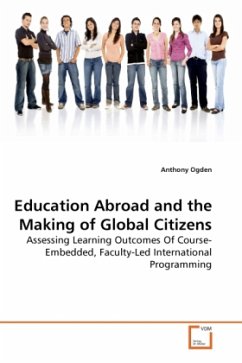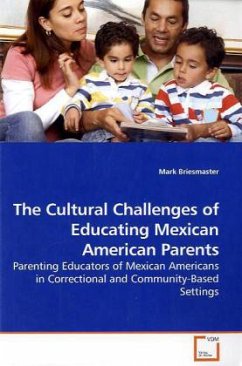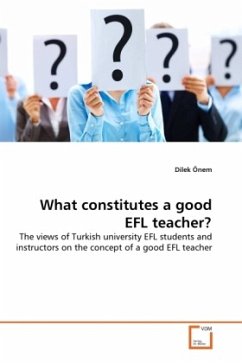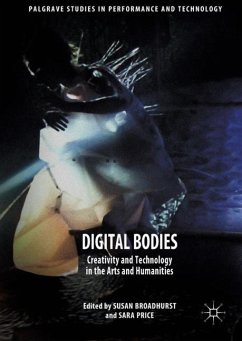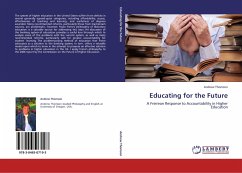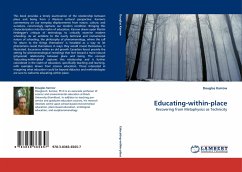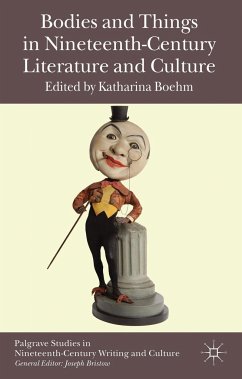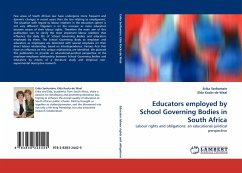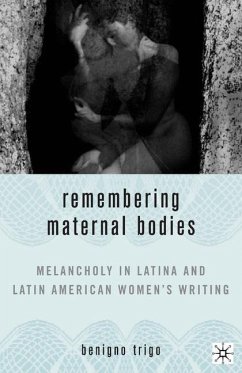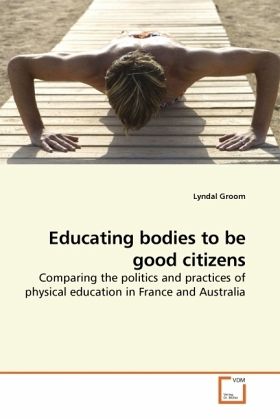
Educating bodies to be good citizens
Comparing the politics and practices of physical education in France and Australia
Versandkostenfrei!
Versandfertig in 6-10 Tagen
52,99 €
inkl. MwSt.

PAYBACK Punkte
26 °P sammeln!
Physical education exemplifies state-instituted practices designed to develop 'good citizens', being obedient and efficient. In order to achieve this, a network of expertise and skills has emerged to regulate the discipline of physical education, drawing on intercalated discourses of health, morality, sport and physical activity. While the politics of physical education, in the shape of the school curriculum, espouse equality of citizens, the practices, through teachers and students, incorporate forms of differentiated embodied citizenship that privilege and reward hegemonic characteristics. B...
Physical education exemplifies state-instituted practices designed to develop 'good citizens', being obedient and efficient. In order to achieve this, a network of expertise and skills has emerged to regulate the discipline of physical education, drawing on intercalated discourses of health, morality, sport and physical activity. While the politics of physical education, in the shape of the school curriculum, espouse equality of citizens, the practices, through teachers and students, incorporate forms of differentiated embodied citizenship that privilege and reward hegemonic characteristics. By using a cross-cultural framework, the disconnects are highlighted between educational policies articulated through curriculum and the practices of teachers and students as they engage with the discourses around sport and physical education.



